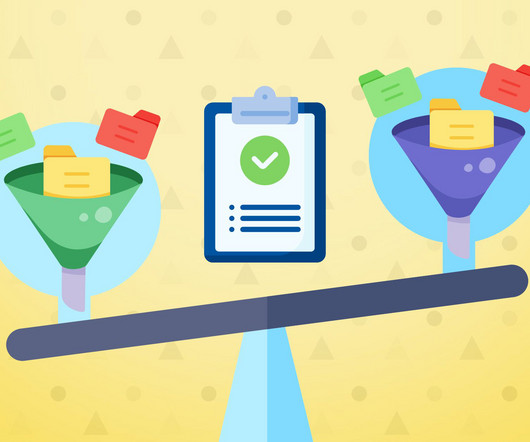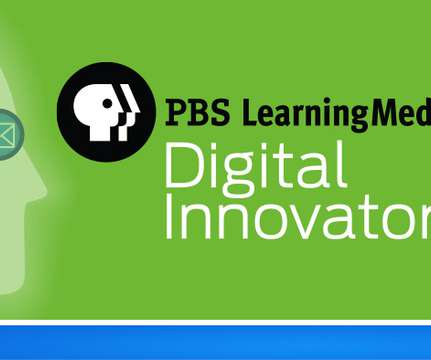Exploring different types of web filters for K-12 schools
Hapara
APRIL 21, 2023
If a school receives E-rate program discounts for Internet access, they need to follow CIPA guidelines, including implementing a web filter. CIPA also requires schools to monitor learners’ online activities and educate them about digital citizenship.























Let's personalize your content